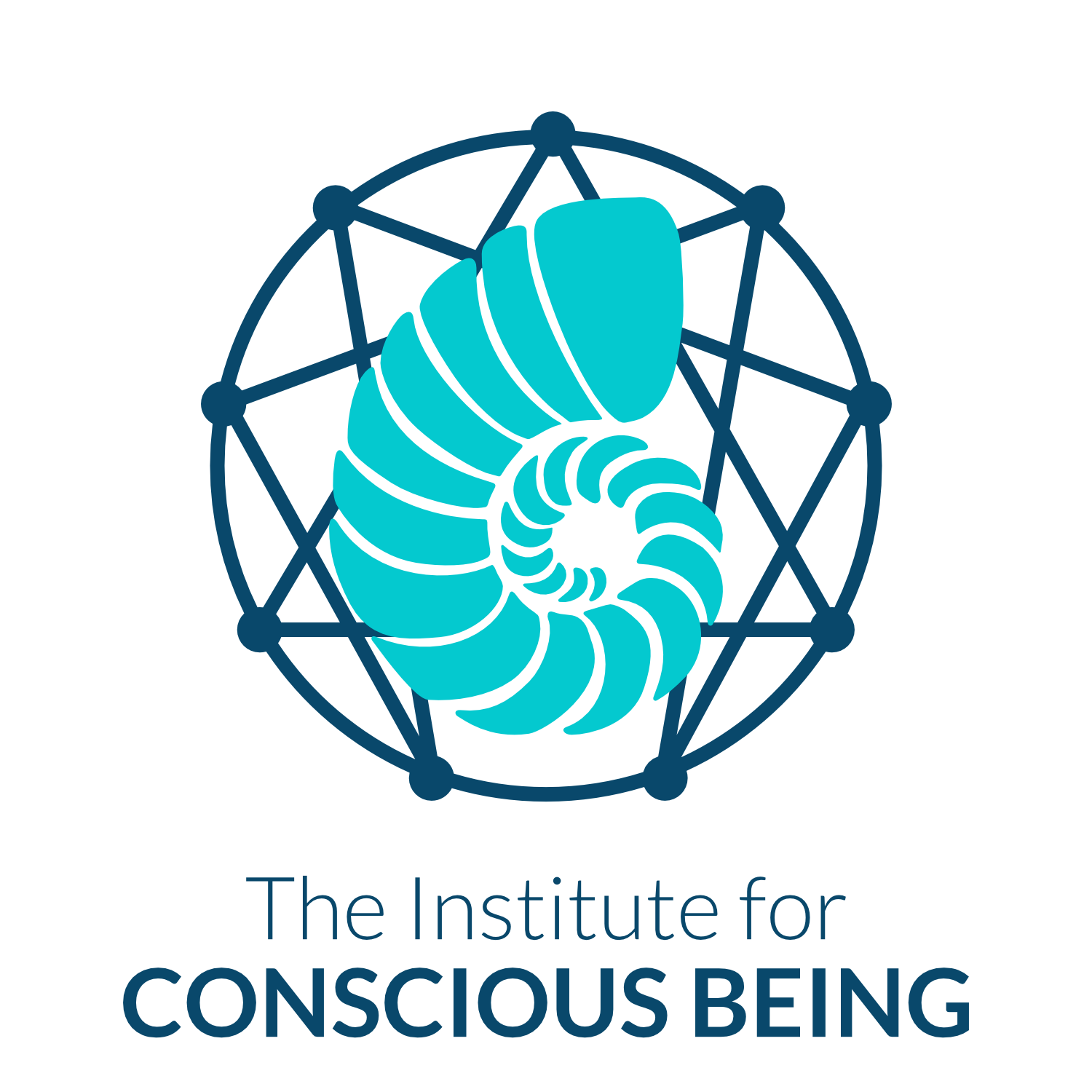Holding Our Breath
February 24, 2024
I remember a game we used to play when we were kids. Whether in a swimming pool or the ocean, someone would say, "I can hold my breath longer than you!" Then everyone would take a deep breath, hold their nose, and duck beneath the surface. The longer we stayed under, our lungs felt like they were on fire. You remember the game; the loser was the first to resurface and gasp for breath. The ones who held their breath the longest won the contest.
In adulthood, we still compete to determine who has the most extraordinary capacities. The following are some questions we answer in such competitions: How much can we take? How long can we deny ourselves? Which of us has the most control over our bodies? How soon can we heal from an injury? How much can we go and do?
The word "capacity" is used to describe our ability to perform. There is a stage of life when we first intentionally explore our capacities. According to psychologist Erik H. Erikson (Childhood and Society; 1950), the stage encompassing ages six until about eleven is called "Industry versus Inferiority."
During this time, we experiment with our abilities and receive feedback about our performance. Those who don't receive enough affirmation for their performance and abilities have a greater chance of feeling incapable and inferior. If we emerge from this stage with a feeling of inferiority to our peers, it can negatively affect all the stages of life to come. On the other hand, if we emerge from this stage with confidence in our abilities and our capacities to perform, the groundwork is laid for the positive completion of the stages of life to come.
Two sets of friends of mine have climbed Mount Kilimanjaro. They did a fantastic job of scaling this fourth-highest peak on earth (over 19,000 feet above sea level.) Though I could never do it, I admire their almost super-human endurance and skill. I also realize that having accomplished something so stupendous sets them apart from most of us in terms of physical ability. I have other friends who have other capabilities that I also could never attain. For example, some of my friends know how to work with electricity; others can do beautiful landscaping, and others excel at carpentry.
Chances are that all these capable people emerged from the "Industry vs. Inferiority" stage with lots of positive reinforcement and confidence. But what about those who emerged from that stage feeling incapable compared to their peers? They say such things to themselves as "I can't do anything very well." But the truth is that no one is inferior. Everyone has their own individual perspective on the world, which is a unique contribution to life.
In consciousness, we understand that all humans have special capacities, regardless of how they emerged from "Industry vs. Inferiority." We know that each person is different from anyone else because we are born with a unique soul and purpose. The issue is not how we compare with others but how much we can live out of our soul's purpose. In consciousness, we embrace our purpose and all the skills we need to fulfill it.
Inquiry: What are the capabilities with which you fulfill your soul's purpose?
Dear God,
Without consciousness, I would feel myself to be inferior to those I so admire. So, I am thankful for the wisdom you give us that shows us our soul's inestimable worth.
Amen
To receive Dr. Howell’s Reflections in your inbox every day, complete the form below to begin your journey into who God has made you to be. The path to wholeness starts now!


